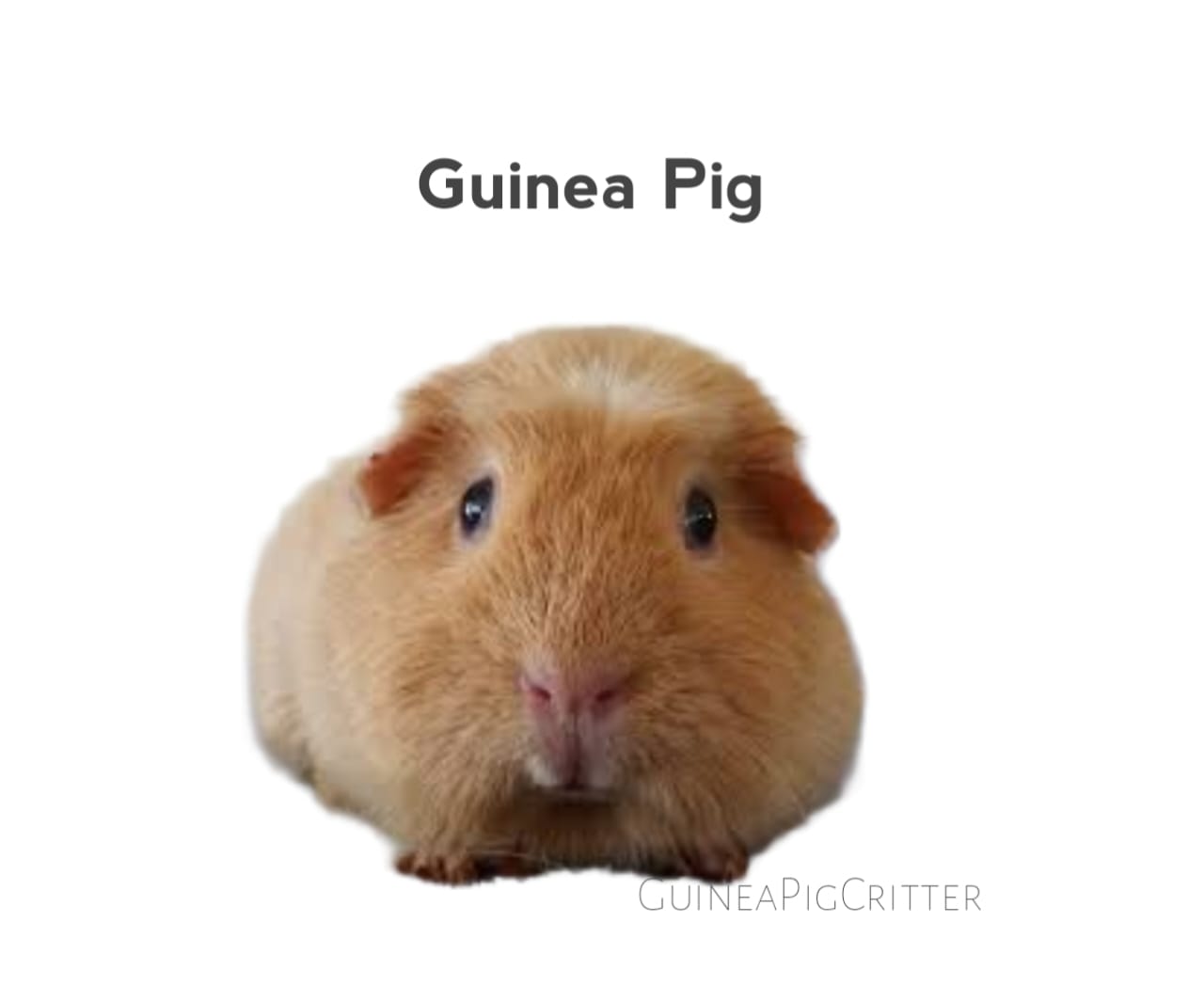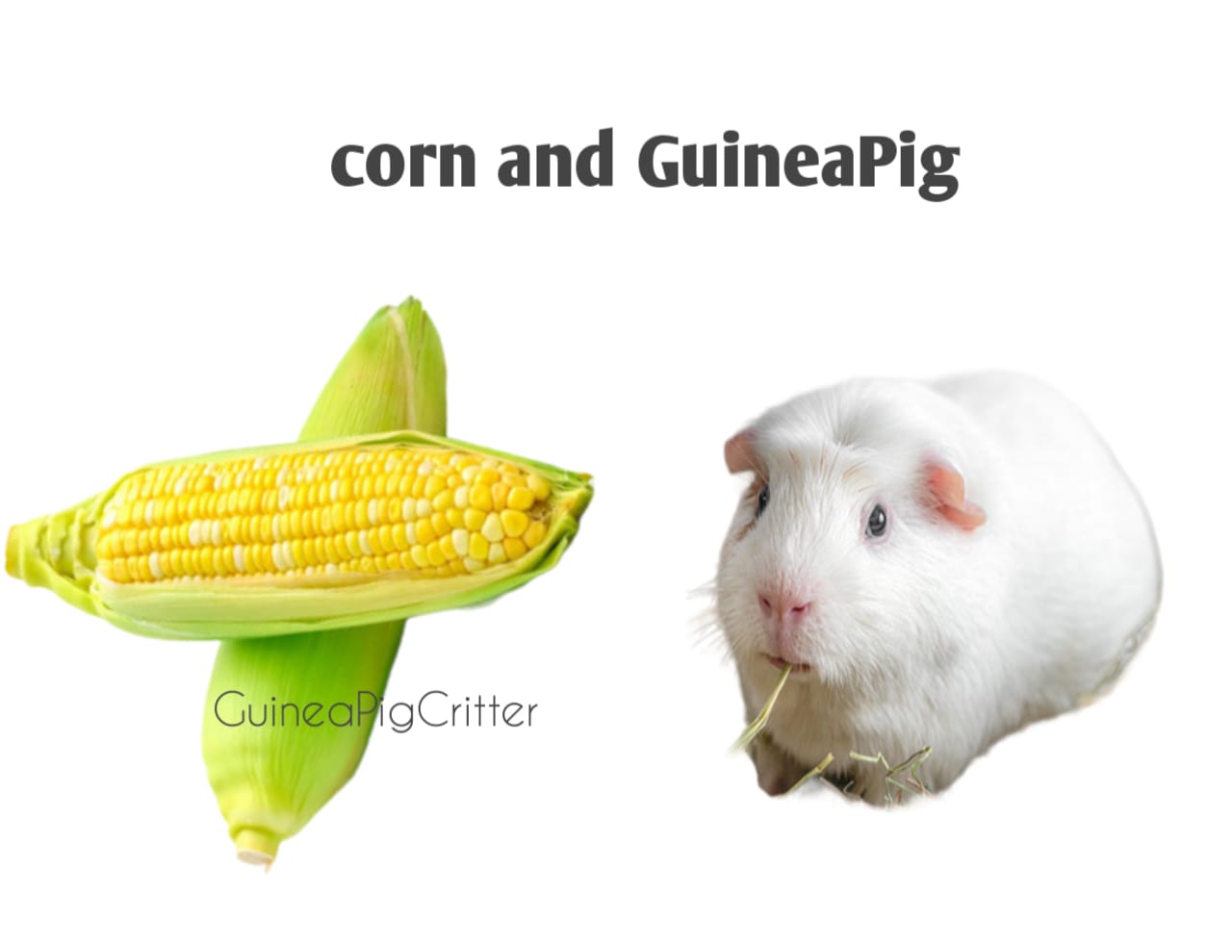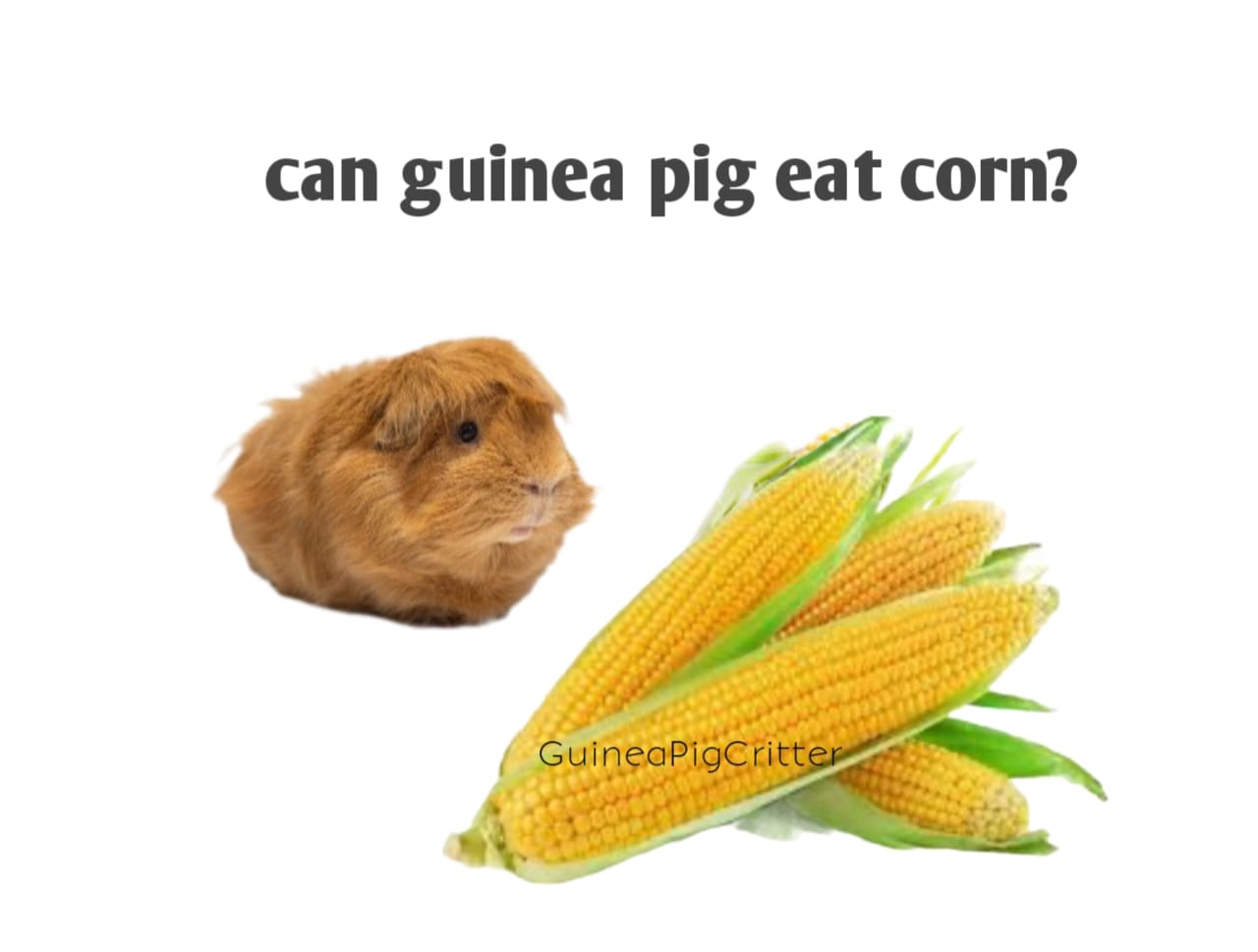The domestic guinea pig is also referred to as Cavies; they are great and tiny beautiful animals that are known for their friendly nature and unique dietary composition. As a guinea pig owner, you must agree with me that it is very crucial to ensure your lovely pet receives appropriate nutrition. Can guinea pigs eat corn? This article will look into the issue of whether or not we can feed them with corns, some risks and benefits associated with such feeding practice.
They depend on proper balance diet which helps in maintaining their health as well as long life expectancy. This includes a diet of timothy hay, fresh vegetables and fruits and special formulated pellets for Guinea pigs.
However there are certain vegetables and fruit that they should stay away from. One such food item is corn; it usually raises a lot of issues especially among its owners. In this writing piece we shall explore if guinea pigs can have corn as part of their meal, how much of it is safe and what you need to know before giving it to them.
Nutritional Profile of Corn
Corn is a popular cereal grain that provides various nutrients in human diets; here is the nutritional breakdown:
Carbohydrates: Corn is full of carbs, which are a source of energy. Yet, the excess carbohydrate in corn can be too much for guinea pigs to handle especially when taken in large quantities.
Fiber: However, even though corn has fiber which is necessary for the digestion system of guinea pigs. Fiber quantity contained in maize on the other hand is not as high as that found in some other vegetables which are normally part of guinea pig’s diet.
Vitamins: Also, corn provides them with a few vitamins such as Vitamin C, Vitamin A and some B vitamins. Nonetheless, these levels are not adequate to make up for food requirements for guinea pigs concerning these vitamins particularly vitamin C essential for prevention of scurvy.
Minerals: While corn contains minerals such as potassium, magnesium and phosphorus but they are available in higher amounts if compared with other greens usually given to animals within this group.
Sugar: One of the main concerns about feeding corn to a cavy is its sugar content. Diabetes and even obesity in cavies may develop from their consumption of high amount sugars.
Can Guinea Pigs Eat Corn?
Now that we have an understanding on nutritional profile of corn let us address our key question; Can guinea pigs eat corn?
Corn Kernels:
Guinea pigs can consume corn kernels, although only in very little amounts. This is because if given too much, it may result to high carbohydrates and sugar levels which might be problematic. Overfeeding of corn kernels could lead to stomach problems due to their starchy nature. Therefore, while a small amount of corn can be given as an occasional treat, it should not form part of the regular diet.
Corn Husks:
Interestingly enough for guinea pigs corn husk is a safer and more favorable choice. This is because the husks contain high fiber content that aid in digestion by regulating their teeth growth since they are always growing back. In order to add variety into your guinea pig’s hay meal you may include dried corn husks.
Corn on the Cob:
Feeding your pet with corn on the cob should exploit exactly the same rules as for feeding it with corn kernels. It should therefore only be presented in small quantities and should be free from such additional ingredients as seasonings or butter. Additionally, gnawing at the cob can also serve as enrichment for your guinea pig’s pets who love this activity thus helping to wear down their teeth.
Baby Corn:
To the point that it can be fed in slightly larger quantities than mature corn, baby corn is an option with less starch. However, it should not be regarded as a staple food but a treat.

Quantity and Frequency: How Much Corn is Safe?
Moderation is key when it comes to serving corn to your guinea pigs. Here are some guidelines:
Corn Kernels: Offer only a small quantity like a tablespoon of kernels once or twice a week. After eating, watch your guinea pig closely for any signs of tummy trouble like bloating or loose stools.
Corn Husks: You can feed them more often because they are less likely to cause problems. It’s safe and beneficial to offer several pieces of husk per week.
Corn on the Cob: If you want to give corn on the cob, just offer a little portion (a few inches) once in a while as a treat. Remove the cob after your pet has nibbled at it for some time to avoid overfeeding.
Baby Corn: Baby corn can be given a number of times per week. To avoid choking, you can also cut the baby corn into smaller pieces.
Always make sure that any corn you give to your guinea pig is fresh and clean. Avoid giving canned or cooked corn, which may have added salts, sugars or preservatives that are not suitable for guinea pigs.
Benefits of Feeding Corn to Guinea Pigs
Though it should not be a significant part of a guinea pig’s diet, giving corn in moderation does provide some benefits:
Diet Variety:
This kind of food gives diversity to your pet’s diet which is good for their mental health. Like all pets, they too get tired with constant eating the same food so offering them different types of safe fruits and vegetables will maintain their appetite for food.
Enrichment:
Sometimes enrichments can be offered using corn on the cob or even just use husks as guinea pigs enjoy gnawing and tossing about. This behavior keeps them entertained while at the same time grating their fast growing teeth down.
Fiber Content:
Corn is not the richest vegetable in fiber among others, but the fiber it contains can be helpful for your guinea pig health generally especially when combined with a diet rich in hay and leafy greens.
Essential Nutrients:
Although corn may not be particularly vitamin-rich, it is however beneficial because it provides some nutrients like vitamin C and magnesium. However, these should not be relied upon as the primary source but rather other vegetables must be provided to meet their nutrition requirements.
Risks and Considerations
But despite this advantage there are several problems associated with feeding corn to guinea pigs:
High Sugar Content
Sugar content of corn is highly problematic. High consumption of sugar can lead to obesity, dental issues as well as diabetes among guinea pigs. Therefore, preventing these diseases entails limiting amount of corn that a guinea pig consumes.
Digestive Problems
Corn is full of starch while Guinea Pigs have poor digestive systems for large quantities of starch. Overuse of maize causes gastrointestinal complications such bloating gas and diarrhea which may prove uncomfortable and dangerous for a guinea pig.
Obesity
Due to the fact that corn has high carbohydrate and sugar content, it can make a guinea pig fat when fed frequently. In guinea pigs, obesity can cause various health problems such as heart disease, joint issues and a shortened lifespan.
Lack of Essential Nutrients
Although corn has some nutrients, nutritionally speaking, it isn’t balanced for guinea pigs. Too much reliance on corn therefore means that a guinea pig would not be provided with vital vitamins and minerals necessary for its healthy growth. Therefore, there should also be availability of other vegetables and fruits which are more nutritionally appropriate to offer to them.
Alternatives to Corn in a Guinea Pig’s Diet
There are other vegetables and fruits which are safer than corn for guinea pigs as well as being beneficial. Here are some options you could consider:
Leafy Greens:
Kale, spinach and romaine lettuce among others can be excellent choices for guinea pigs. They contain low sugars yet their vitamin content is ideal particularly Vitamin C that helps prevent scurvy in these pets.
Bell Peppers:
Another fantastic option is bell peppers which have high Vitamin C and low sugar content. Bell Peppers are very popular among guinea pigs because of their crunch and taste.
Carrots:
However, carrots still have less sugar than corn. Carrots contain fiber and beta-carotene that can be good in small amounts.
Cucumbers:
They are a low-calorie vegetable with a water content that helps to hydrate the guinea pigs’ bodies. Cucumbers are also not sugary like corn hence safer to give to them.
Zucchini:
Zucchini is another vegetable with fewer calories that also contains vitamins and minerals. It can be given more frequently unlike corn and causes little or no digestive problems.
Broccoli:
This plant contains high levels of vitamin ‘c’ together with fiber thereby making it healthy for guinea pigs. It should be fed in small quantities due to its tendency to cause bloating.
Fruits:
Though they have high sugar contents, fruits should only be consumed sparingly. Give your cavy an occasional treat of apples (without seeds) strawberries, or blueberries in small amounts.

Conclusion
Finally, guinea pigs can eat corn, but it should be given in moderation since it has high sugar and carbohydrate content. As treats, one can give corn kernels, corn on the cob as well as baby corn while the husks of corn can be provided more often for fiber and enrichment that is essential to their diet. However, it’s important to remember that it isn’t a general food source for them as they need higher nutrition-packed vegetables and fruits.
Again, always keep tabs on your guinea pig when you introduce new foods into its diet as there may be some adverse effects; if you have any doubts about this then consult a vet. Ensuring that your pet has balanced meals will go a long way in keeping it healthy, happy and well fed.
FAQs
Is it possible for guinea pigs to eat corncobs?
Certainly, it is possible for guinea pigs to eat corncobs. They have a lot of fiber and can be provided more regularly than corn kernels. But, clean them well before you give your pets.
Can young corn be given to guinea pigs?
Yes, baby corns may be given in small servings to guinea pigs although they are less starchy than the mature ones but should only be used as an occasional snack.
How regularly should you feed your guinea pig with corn?
In order to prevent probable health issues such as obesity and digestion problems; this grass must not be offered more than once or twice a week in few amounts.
Is corn safe for diabetic cavies?
Diabetic cavies or those at risk of developing signs and symptoms of diabetes cannot eat corn because it has lots of sugar in it.


